neoplasia in cats bladder
Epithelial tumors in particular TCC are the most common tumors of the urinary bladder and account for up to 92 of feline bladder tumors Other urinary bladder tumors include SCC ADC rhabdomyosarcoma FSA CSA leiomyosarcoma HSA chemodectoma and benign tumors such as leiomyoma and fibroma. Bacterial in 65-75 cases.

Transitional Cell Carcinoma In Dogs And Cats Veterinary Partner Vin
The urinary bladder is the most common site of urinary tract neoplasia in dogs and the second most common site of urinary tract neoplasia in cats after renal lymphoma.
. Very rare. Bloody urine Urethral obstruction causing an inability to urinate Pain upon palpation of the back or pelvic regions Weakness Exercise intolerance Polydipsia Polyuria with only a small. The low incidence in cats may be due to a difference in tryptophan metabolism that results in low urinary concentrations of carcinogenic tryptophan metabolites.
In general TCC is an aggressive highly invasive. Ad Save Up To 35 On All Pet Medication Brands. However due to delays in diagnosis.
Urinary Bladder Cancer Rhabdomyosarcoma in Cats Rhabdomyosarcoma of the Urinary Bladder in Cats Rhabdomyosarcoma is a very rare metastasizing spreading and malignant type of tumor. Tumors location vary greatly inside the bladder. The occurrence of bladder cancer is more common in female cats.
The urinary bladder is the most common site of lower urinary tract neoplasia in both dogs and cats 1 2. Swalec K M Smeak D D Baker A L 1989 Urethral leiomyoma in a. Transitional Cell Carcinoma of the Renal Bladder and Urethra in Cats.
It may derive from stem cells or originate in the striated muscle that surrounds the developing Müllerian or Wolffian ducts. The cat was reported to be incontinent and treatment was declined by the owners. 1 2 transitional cell carcinoma tcc is the most prevalent lower urinary tract cancer in dogs and considerable information regarding tcc is available for dogs including.
Symptoms of neoplasia in cats include 4. Neoplasms of the canine and feline urinary bladder are diagnostic and therapeutic challenges to the veterinary clinician. Transitional cell carcinoma TCC is a malignant aggressive and metastasizing spreading cancer arising from the transitional epithelium the highly stretchable lining of the urinary tract system of the kidney ureters the tubes that carry fluid from the kidneys to the bladder urinary bladder.
Your cats prognosis will depend on the size of the tumor whether or not the cancer has. Because many urinary tract tumors will spread metastasize to other areas in. Occasionally kidney tumors can cause increased urination and drinking.
Chronic urinary tract infection UTI Cystitis. The exact etiology is unknown. Rectal prolapse associated with urinary bladder neoplasia in a cat Abstract A case of feline rectal prolapse which appeared to be secondary to transitional cell carcinoma of the urinary bladder is described.
Lower Urinary Tract Neoplasia 1. Urinary bladder tumors are rare in cats but of the possible cancers transitional cell carcinoma is the most commonly diagnosed. A bladder tumour is a benign or cancerous tumour of the bladder or urethra of cats.
When tumors appear in the urinary tract of cats the cells that line the urinary tract are affected. Surgical resection by partial segmental resection is the treatment of choice. Feline bladder cancer is rare but life-threatening.
The low incidence in cats may be due to a difference in tryptophan metabolism that results in low urinary concentrations of carcinogenic tryptophan metabolites. When tumors appear in the urinary tract of cats the cells that line the urinary tract are affected. The exact cause of tcc is usually not known but in general canine tcc results from a combination of.
Bladder cancer can also spread to other parts of the body. Signs that a cat has liver disease can vary and include loss of appetite vomiting stomach ulceration diarrhea fever blood clotting problems jaundice abdominal swelling excessive urination and thirst changes in liver size weight loss and occasionally gastrointestinal bleeding. The urinary bladder is the most common site of urinary tract neoplasia in dogs and the second most common site of urinary tract neoplasia in cats after renal lymphoma.
JAVMA 210 1 46-50 PubMed. Bladder neoplasia is rare in cats but is more common in cats older than 10 years. The cause of transitional cell carcinoma is unknown.
Neoplasms of the ureters bladder and urethra are uncommon in dogs and rare in cats. Buffington C A Chew D J Kendall M S et al 1997 Clinical evaluation of cats with nonobstructive urinary tract diseases. There are several types of bladder tumours in cats transitional cell carcinoma TCC is the most common other types include benign mesenchymal tumours squamous cell carcinoma rhabdomyosarcoma and lymphoma.
Most common tumor type. Your cats prognosis will depend on the size of the tumor whether or not the cancer has spread and the treatment your cat receives. Rely On PetMeds Expert Pharmacists and Free Ask The Vet Service.
Transitional Cell Carcinomas Transitional cell carcinoma TCC is a prevalent type of bladder cancer in cats and more cats get diagnosed with transitional cell carcinoma than other types of bladder cancer every year. Urinary bladder cancer however easily spreads to other areas of the body and may soon show the following symptoms. Hematuria Hematuria stranguria pollakiuria are common presenting signs.
Bacteruria pyuria and positive urine cultures are common in cats. Feline bladder cancer tumors can obstruct your cats urinary tract making the animal unable to urinate. The diagnosis of a urinary bladder neoplasm is generally delayed because of a lack of overt clinical signs or a partial response to empirical treatment.
Transitional Cell Carcinoma of the Lower Urinary Tract in Dogs. The urinary bladder is the most common site of urinary tract neoplasia in dogs and the second most common site of urinary tract neoplasia in cats after renal lymphoma1 2 Transitional cell carcinoma TCC is the most prevalent lower urinary tract cancer in dogs and considerable information regarding TCC is available for dogs including. Tumors of the kidneys can cause abdominal pain blood in the urine or non-specific signs such as lack of appetite nausea or vomiting weight loss fever lethargy and swelling of the abdomen.
Abnormal swellings that persist or continue to grow Sores that do not heal Weight loss Loss of appetite Bleeding or discharge from any bodily opening Offensive odor Difficulty eating or swallowing Hesitation to exercise or loss of stamina Persistent. This is a malignant cancer usually arising from the inside surface of the urinary bladder or urethra and less commonly from the muscular wall of the urinary tract. A variety of blood tests can help detect and diagnose.
Neoplasms of the ureters bladder and urethra are uncommon in dogs and rare in cats.

Transitional Cell Carcinoma Lap Of Love
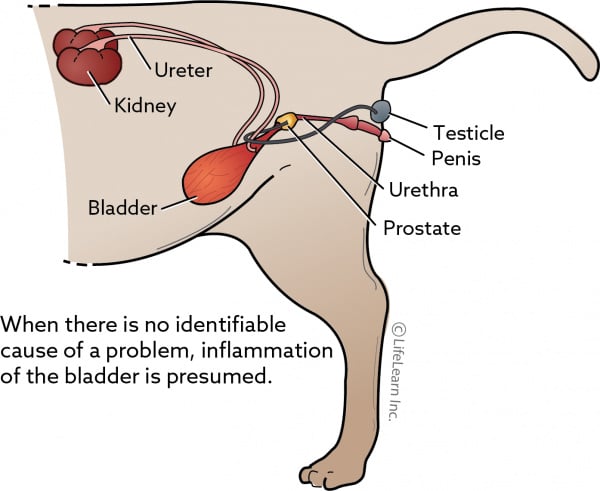
Feline Idiopathic Cystitis Vca Animal Hospitals
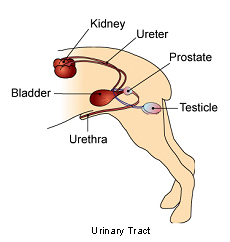
Urinary Tract Tumors Vca Animal Hospitals

Pdf In Situ Transitional Cell Carcinoma Of Urinary Bladder In A Cat Semantic Scholar
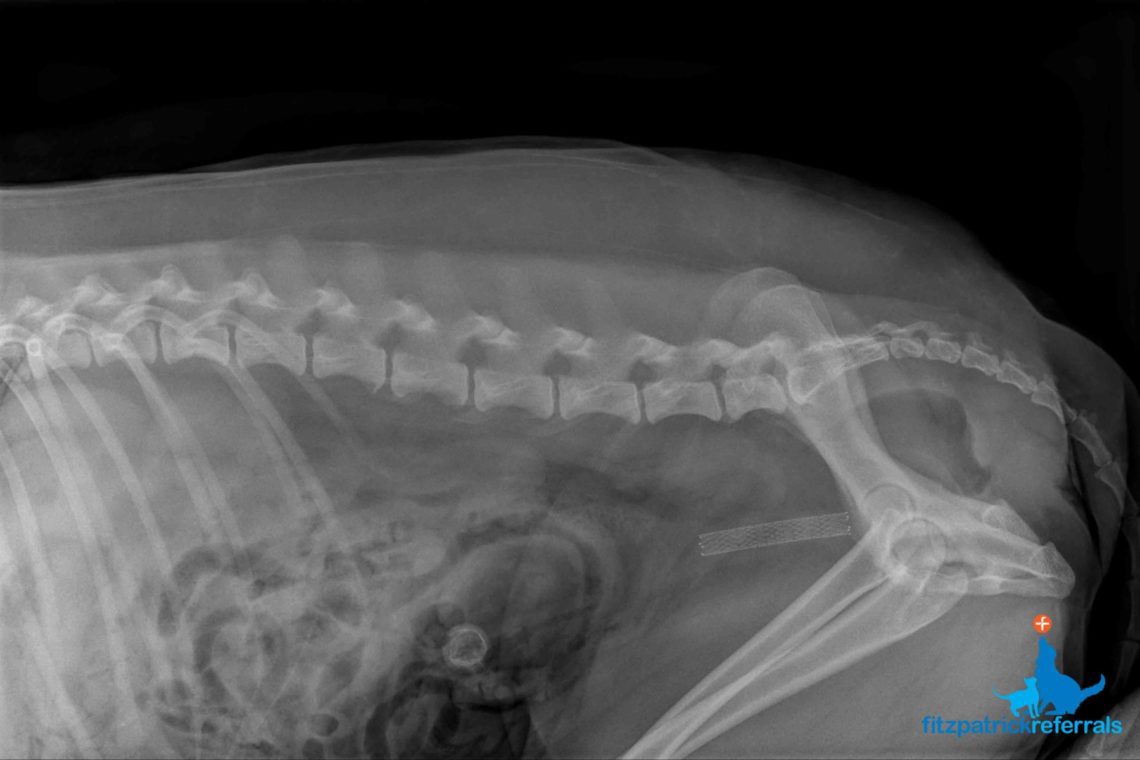
Urinary Cancer Fitzpatrick Referrals

Pdf In Situ Transitional Cell Carcinoma Of Urinary Bladder In A Cat Semantic Scholar

Small Animal Abdominal Ultrasonography The Urinary Tract Urinary Bladder And Urethra Today S Veterinary Practice
Bladder Cancer In Cats And Dogs

Feline Lower Urinary Tract Disease Flutd International Cat Care

Bladder Cancer In Cats Innovet Pet
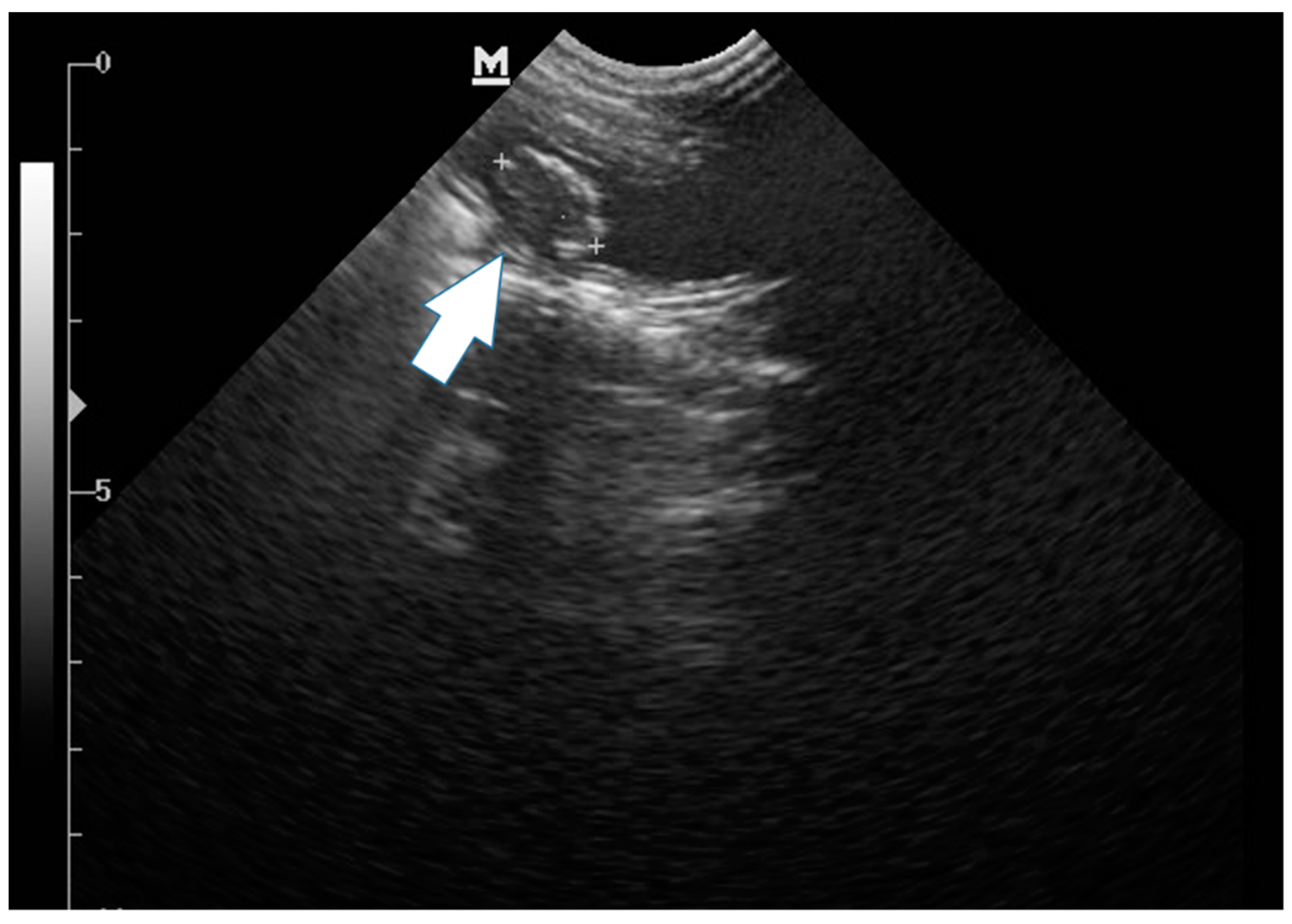
Veterinary Sciences Free Full Text Long Term Survival Of A Cat With Primary Leiomyosarcoma Of The Urinary Bladder Html

Urinary Tract Tumor An Overview Sciencedirect Topics
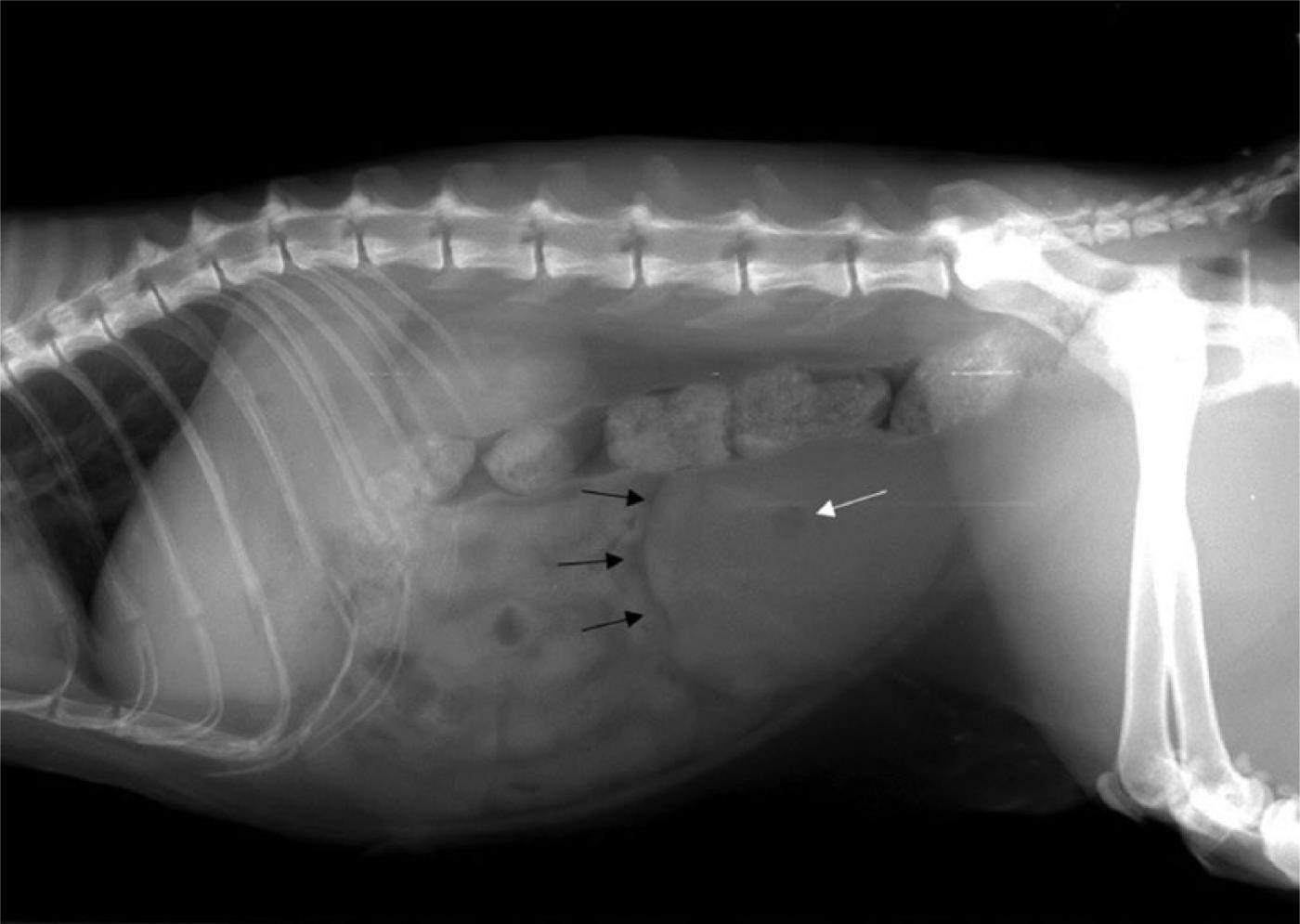
Fibrosarcoma Of The Urinary Bladder In A Cat
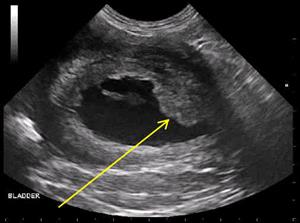
Transitional Cell Carcinoma In Dogs And Cats Veterinary Partner Vin

Feline Interstitial Cystitis A Cat Owner S Worst Nightmare Summeridge Animal Clinic

